The Plant is delighted to announce our recipients for The Plant’s 2024 research and education incentives! These incentives are intended to stimulate the integration of technology in education and research at FASoS, providing the time and space to experiment and innovate with all the technologies that The Plant can offer.
This year’s recipients are:

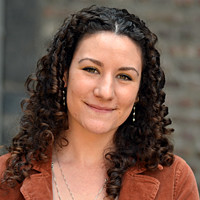
With this incentive, Joris and Michaella will develop a student-led science communication platform for Global Studies students. This student-staff team will develop a prototype and eventual product to help students showcase their work throughout the program.
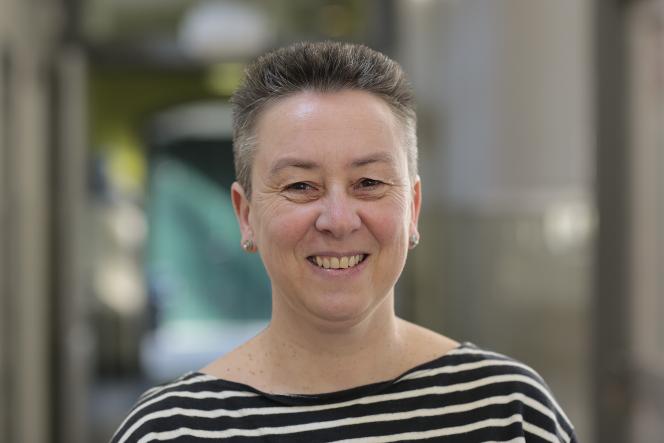
Karin’s aim is to recognize, understand and describe future developments through the systematic description of sociotechnical imaginaries and to reflect on the specific educational contexts in which they are embedded. She will explore the use of Virtual Reality in education at FASoS.
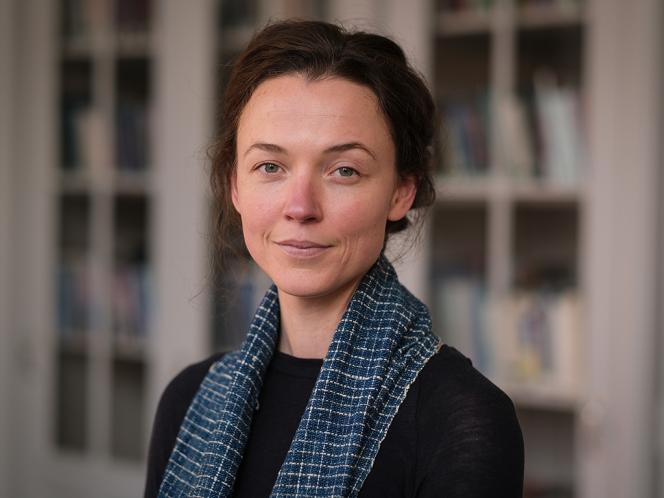
Laura will produce a website to present the results (including multimodal outputs, e.g., photo-essays, podcasts) of the project “The right to (research) transnational sibling relationships: A co-research project with Ghanaian-background youth in Germany”. This funding will give her the time and space to augment her multi-modal visual communication skills through learning HTML, CSS, and UX design.
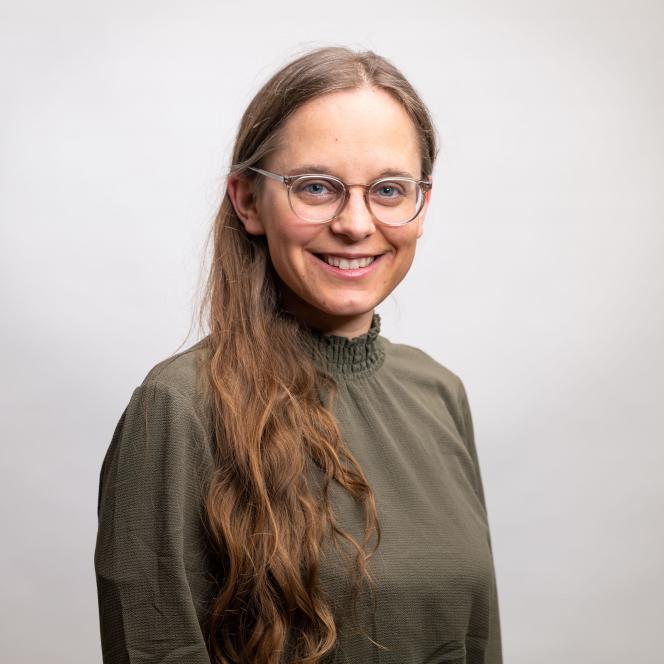
Monika’s project, ‘Harvesting new data sources for qualitative and quantitative research,’ aims to make Python code for data collection from different digital sources more widely accessible for teaching purposes and student research at FASoS. Monika will use this grant to review and simplify the code, making it more accessible for MA and BA students, and to improve code documentation.
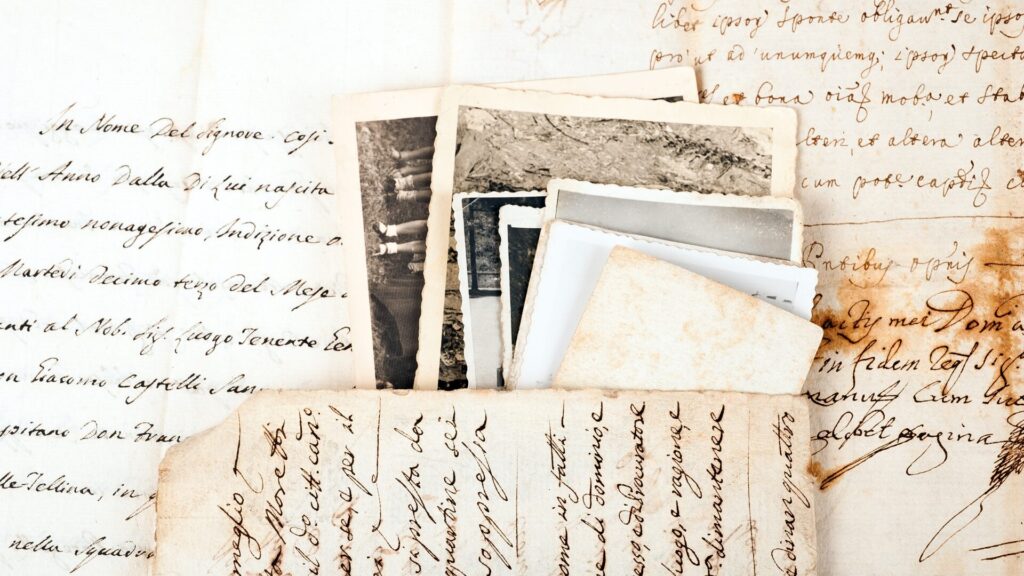
Susan intends to use this funding to explore the addition of a visualization layer to the Letters 1916-1923 collection, a participatory humanities project which collects letters relating to Ireland during the period 1916 through 1923. Rather than creating bespoke visualisations, this project would explore how to integrate existing open-source tools, so that users have more options to engage with the collection.
We are delighted to support these fantastic FASoS researchers & educators in experimenting with new technologies, developing new skills, and exploring unfamiliar digital pathways!